As the sanitation and hygiene campaign (Nirmal Bharat Yatra) moved from Maharastra to Madhya Pradesh, our halt on the outskirts of Indore brought us face-to-face with grim realities. Two schools that I visited had structures that in some government file were passed off as toilets.
School 1: Government Girls' Middle School in Khudel Bujurg, 10 kilometres away from the Yatra venue in Devguradiya.
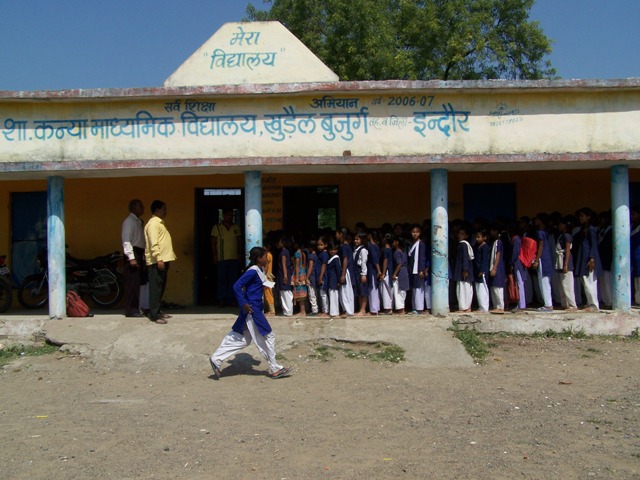
The toilet was under lock and key, the doors - rusted. A plain cemented floor was all we could see when the door was unlocked. The toilet had no tap, no latrine, just a small hole at the back wall that works as make-shift drainage. Teachers said that the toilets were locked to ensure only the girls use the facility and not the villagers.
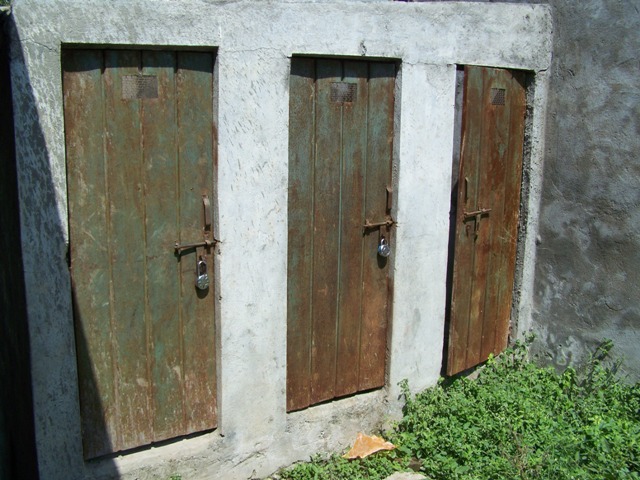
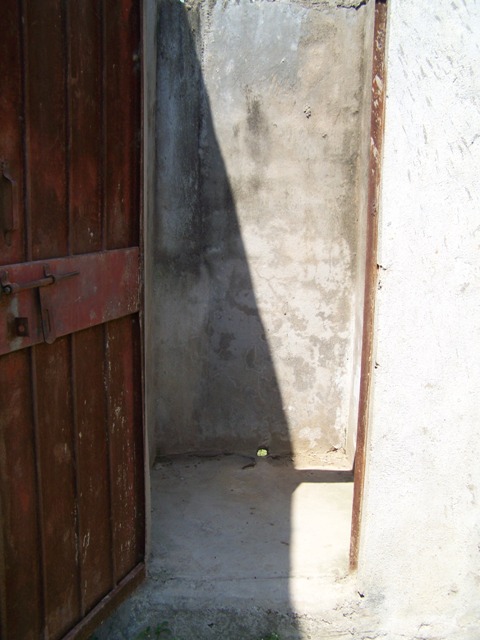
Would you use this toilet?
In front of the teachers, the girls nodded in agreement. When asked separately, they confessed that they do not use the toilets at all. You didn't have to ask anyone to know this. The clean, unused cement floor spoke for itself. It was an open toilet in that there was no roof to secure it. It didn’t matter, because it wasn’t being used.
School 2: Government Girls’ Middle School in Piwdy, 12 kilometres away from the Yatra venue.
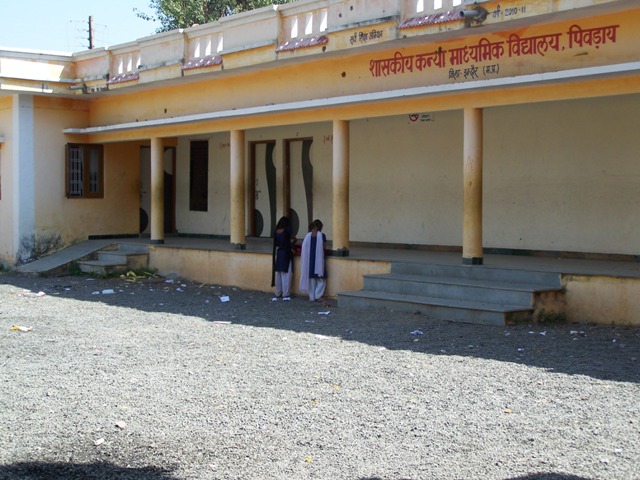
The toilets in this school were clearly being used, in spite of a broken door. The lower half of the door was missing and a peek inside revealed white tiled compartments – booths – for girls to relieve themselves. Yet again, there was no latrine or water facility. There was muck clogging the toilet.
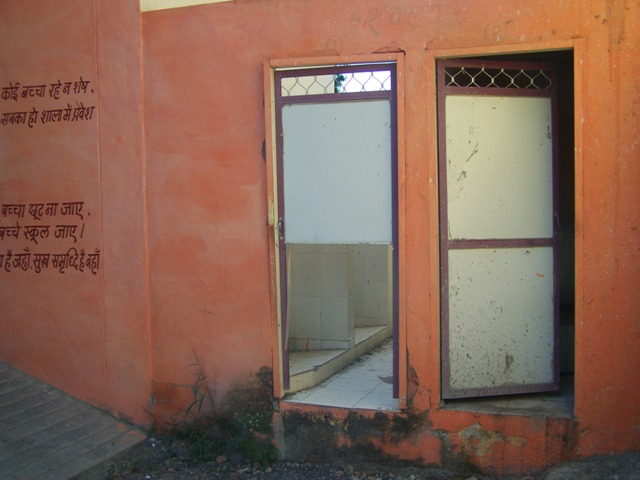
Girls who live near-by said that they did not even use the toilet. We go home, they said. Only those who stay far from the school said they used it, as there was no other option.
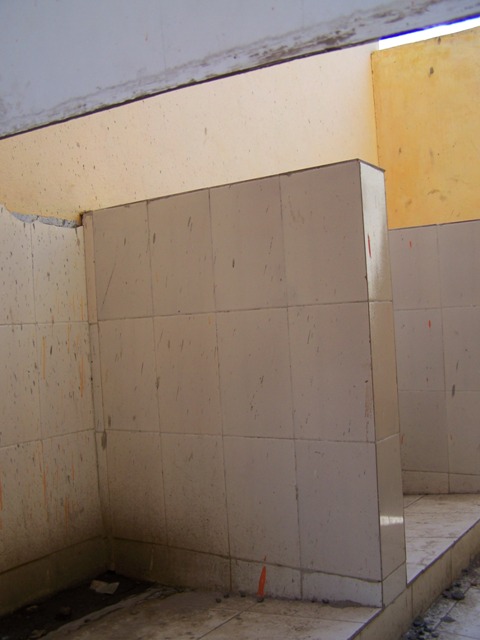
Teachers themselves didn't use the facility, "We go to a near-by home, it is just behind the school," said a teacher. Just to check where they go, we went to a home right behind the school. There was a proper toilet and such a stark contrast to the one at the school.
At the Yatra, Union Minister for Drinking Water and Sanitation Jairam Ramesh categorically said that of the three demands put forth by Aruna Sharma, additional chief secretary, Government of Madhya Pradesh, Panchayat and Rural Development Department, the one demand he wouldn't agree to, is to provide funds for already built toilets. While the Minister may have a point, a look at these toilets revealed that funds are either not being used appropriately or aren't sufficient.
The other question to ask is - what differentiates a toilet from a room? A latrine, drainage to ensure proper disposal of excreta and urine, a tap with running water or a bucket of water to flush out waste? One would think all of this is needed for a basic toilet. Yet, all I saw was single units built without any specifications. Or are those THE specifications? If that's the case, then there is a serious problem and no amount of awareness will solve the problem of open defecation.
As much as there is a need to emphasize on the usage of toilet, maybe, just maybe, someone needs to also check on what comprises a toilet. Personally, I wouldn't use such a toilet, so why would I expect someone else to use it?
Are badly constructed toilets, the real problem? That could be the case. I did hear a lot of people talk about bad design, I didn't understand then, but now, after having seen a few namesake toilets I know why these designs are such a failure. The only thing these designs (if one were to call them a design!) encourage is open defecation. If you want people to stop open defecation, then you need to provide better facilities. It's not a numbers game, it's about promising a better quality of life. The current toilets do nothing of that sort.
The two schools are a clear example. Schools not only teach what’s in the syllabus, they impart social skills, if a child in the school cannot use the toilet and has to either run home or go to the fields, that is what she or he will do as an adult. It's a habit, that's why children are potty trained.
Potty training a nation may be a tough task. If the government is really keen on erasing open defecation may be it is time they start with providing better toilets. That’s really the first step.
By Vaishalli Chandra, India Water Portal Fellow
For full coverage by India Water Portal of the Nirmal Bharat Yatra, click here.